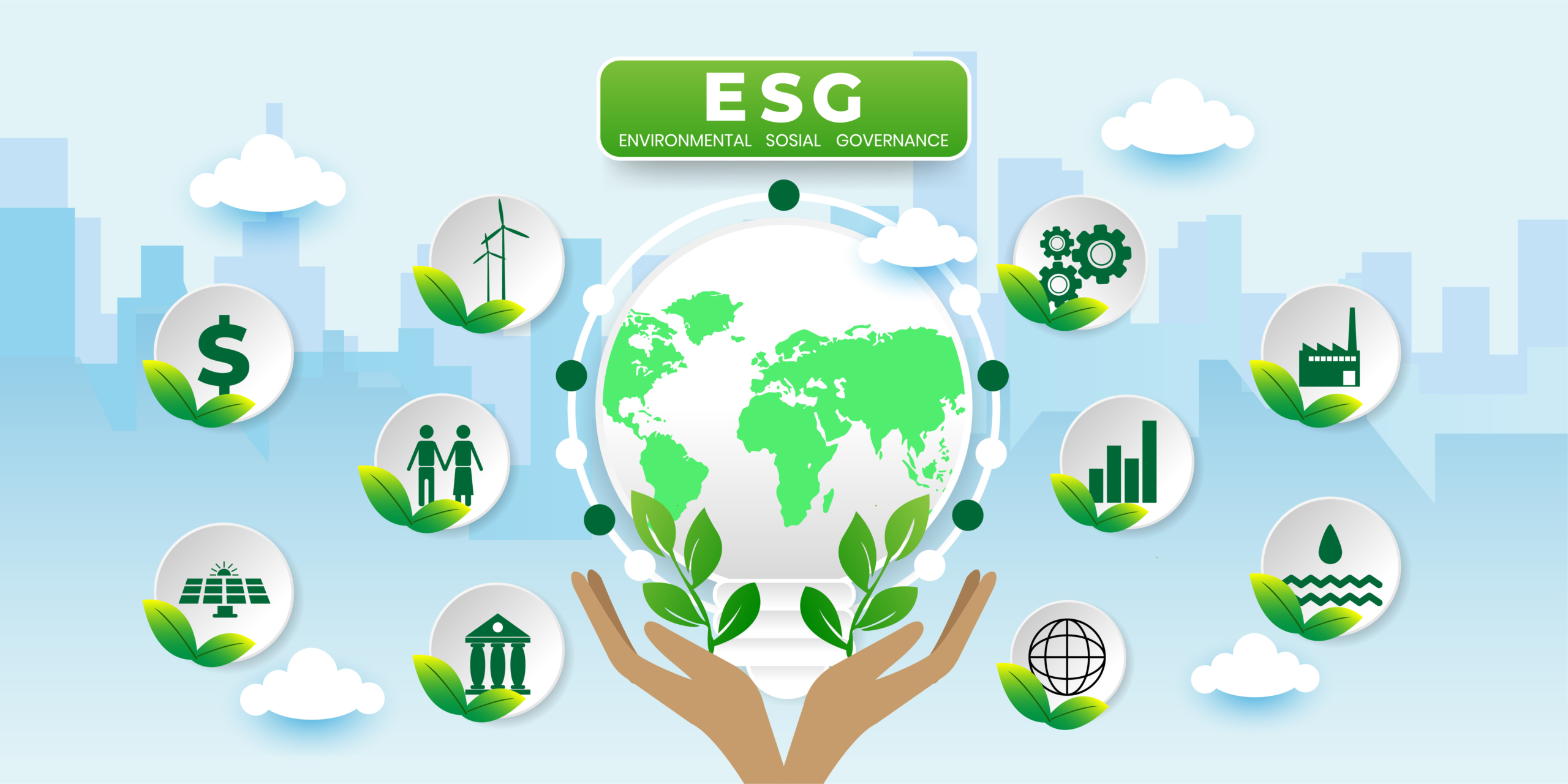Who put the D in ESG?

Finance made available on the basis of the principles of an environmental, social and governance (ESG) strategy is, we are told, the future. The institutions that provide the funds are already lining up behind it, potentially rewarding adherents and prepared to penalise defaulters.
It’s a message conveyed at increasing volume to the shipping industry, though so far with little by way of recognition outside the golden circle of top operators and their customers.
In its recent report, The Sustainability Imperative, law firm Watson Farley Williams polled industry players and found that almost one-third of the shipowners said that ESG “barely influences” their investment decisions, despite it playing a role in 90% of financiers’ decisions.
In another recent publication, consultants Arthur D Little describes ESG as a game changer that will reshape the financial services industry, “a driving force behind banking, their impact felt both broad and deep, and in ways that will touch all aspects of every leading financial institutions, from business lines, segments, products/services, pricing, processes, and data, through to interactions with clients/suppliers, distribution models, and even talent management.”
So how has ESG gone from little more than a footnote once dismissed by some as hype to being worthy of wider attention in the financial community? The predominant catalyst is climate change, now a top agenda item for many politicians who have enshrined their ambitions in landmark agreements (the UN 2030 Agenda for Sustainable Development, the Paris Agreement, and the EU Green Deal).
While the environmental repositioning of the US under President Biden has given this issue renewed credibility, the COVID-19 pandemic has injected added impetus by focusing attention on the roles and responsibilities of high-profile organizations within wider society.
Today, major financial institutions are beginning to appreciate ESG’s potential to create substantial value if business models are redesigned to accommodate it. The report’s authors believe that it is inconceivable that ESG and sustainable finance could ever be ‘put back in the box,’ and in fact represents a mega-trend likely will take business irreversibly toward a new normal.
It warns too that while institutions have begun to discuss ESG and sustainable finance with greater intensity, too often there is still a lack of substance or real direction. There is potential for internal or external statements of ambition to be seen as little more than greenwashing. Yet, there does seem to be a growing recognition that this is a time for action, and that wait and see is no longer a viable position.
Part of the problem – in shipping at least – is the scale of the challenge. The WFW report notes that beyond organisational choices around transparency, diversity and crew welfare (S&G), the reduction of CO2 emissions (E) is too large for any one company, even any one set of stakeholders, to address.
There are significant technological, financial and regulatory hurdles to clear before shipping has a viable path towards the IMO’s goal of 50% lower GHG emissions by 2050, including the recurring question of who shoulders the risk and cost of developing new fuels and technologies.
At present, ESG ambitions appear defined by several contradictory drivers. Financiers attach more importance to sustainability issues than do operators do but despite commitment to sustainability, traditional ship finance banks have a limited appetite for funding new clean-technology upgrades themselves – or accommodate their financing by others.
Decarbonisation should drive greater co-operation among industry participants but the industry is looking to governments to lead the funding of clean technology and fuel research because shipowners are wary of committing to many new green technologies.
The WFW survey found a consensus about the need for regulation to drive forward the ESG agenda, notwithstanding the growing role of banks, investors, employees and customers. Regulation can both force change and limit the uncertainty that stymies it, giving companies a clearer picture of what will be expected of them and their competitors.
At the same time, no-one believes that regulators can do the job alone. Actors across the supply chain will need to cooperate more and maybe also engage with new stakeholders such as technology start-ups.
However, the unique dynamics of shipping could make pressure to embrace ESG particularly productive. The survey found that many companies would collaborate with others to help meet environmental targets and such partnerships will necessitate transparency. And while many shipowners value their independence, the financial demands of clean technology upgrades could well force them to consolidate, give up equity or go public – avenues also associated with better governance, better financial reporting and more transparency.
While the results of the survey suggest the most pressing focus is on ‘E’, it is important to also note that many in the industry believe the drive to sustainability will bring about changes in the shape, capital structure and financing of the sector. And therefore, the shipping industry won’t be able to bring about significant change without addressing the ‘S’ and the ‘G’.
Either way, the separate elements of ESG look set to reinforce each other in shipping over the coming years, WFW concludes. In spite of its reputation as being old-fashioned and resistant to any form of change, shipping has shown itself to be a highly resilient and adaptable industry (and surely capable of assimilating one more acronym).


